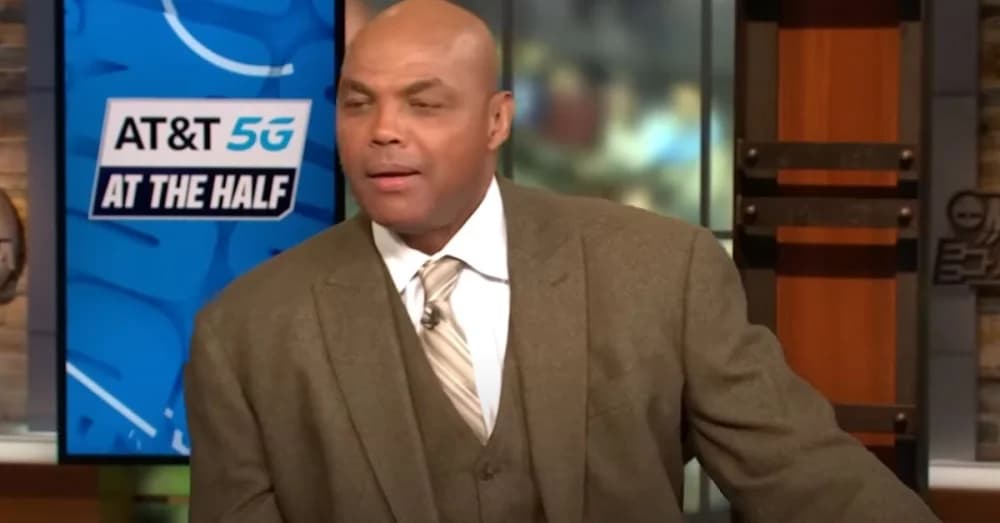Olympics’ 81 NBA Players Highlight League’s Global Impact and Growth

In 1992, the Dream Team’s crushing 116-48 victory over Angola marked the start of a new era in basketball. NBA Players Charles Barkley’s famous quip, “I don’t know anything about Angola, but Angola’s in trouble,” captured the dominant spirit of U.S. basketball at the time. Fast forward to 2024, and the landscape has drastically changed. The U.S. men’s basketball team narrowly escaped a 101-100 exhibition loss to South Sudan, needing a last-minute layup from LeBron James to secure the win. The growing unpredictability of international basketball is a testament to the sport’s global evolution.
In the 1992 Olympics, only 12 non-U.S. players had NBA experience. In 2024, that number has skyrocketed to 69, reflecting a remarkable shift in the sport’s global dynamics.
Global Growth and NBA’s International Influence
The NBA’s influence on global basketball development is evident in the diversity of talent at the 2024 Paris Olympics. Teams like Germany and Canada, who have pushed the U.S. to the brink in recent competitions, are stacked with NBA players. Canada’s roster, for instance, boasts 11 current or former NBA athletes.
Despite the influx of international talent, the U.S. remains the favorite to win gold in Paris, though the competition is fiercer than ever. The Americans have demonstrated their dominance in their first two games, but the rosters across the tournament highlight the NBA’s successful global investment in the sport.
“The Dream Team performance in ‘92 was the original inspiration for international growth,” said Troy Justice, NBA head of international basketball operations. This inspiration has led to a surge in non-American NBA players, from just eight in the 1983-84 season to a record 125 in 2023-24.
Africa’s Basketball Revolution
Africa’s contribution to this global talent pool has been particularly notable. The NBA, through initiatives like Basketball Without Borders (BWB) and the Basketball Africa League (BAL), has been instrumental in nurturing talent across the continent. The NBA Academy Africa, which opened in 2017, has already produced NCAA Division I players and NBA prospects, bypassing the often dubious prep school route in the U.S.
South Sudan’s Olympic team is a prime example of this progress. Led by former NBA All-Star Luol Deng, who has invested heavily in the country’s basketball infrastructure, South Sudan has become a competitive force in international basketball. Khaman Maluach, an NBA Academy Africa graduate and top 2025 NBA Draft prospect, is among the standout players representing the nation in Paris.
Challenges and Future Prospects
While the NBA’s global expansion has brought about tremendous opportunities, it has also led to challenges, particularly for young international players navigating the U.S. prep school system. Some have fallen victim to scams and subpar conditions in unaccredited schools, highlighting the need for more structured development pathways like the NBA Academy Africa.
The NBA’s commitment to developing basketball systems globally is not just about producing NBA players. As Amadou Gallo Fall, BAL president, noted, the goal is also to create economic growth and opportunities for athletes to excel at a high level within their own regions.
Looking ahead, the NBA anticipates continued growth in the number of countries represented in the league, with more players emerging from non-traditional basketball markets. This expansion promises to bring more thrilling and competitive international tournaments, much like the 2024 Paris Olympics, which are a far cry from the lopsided games of the past.





